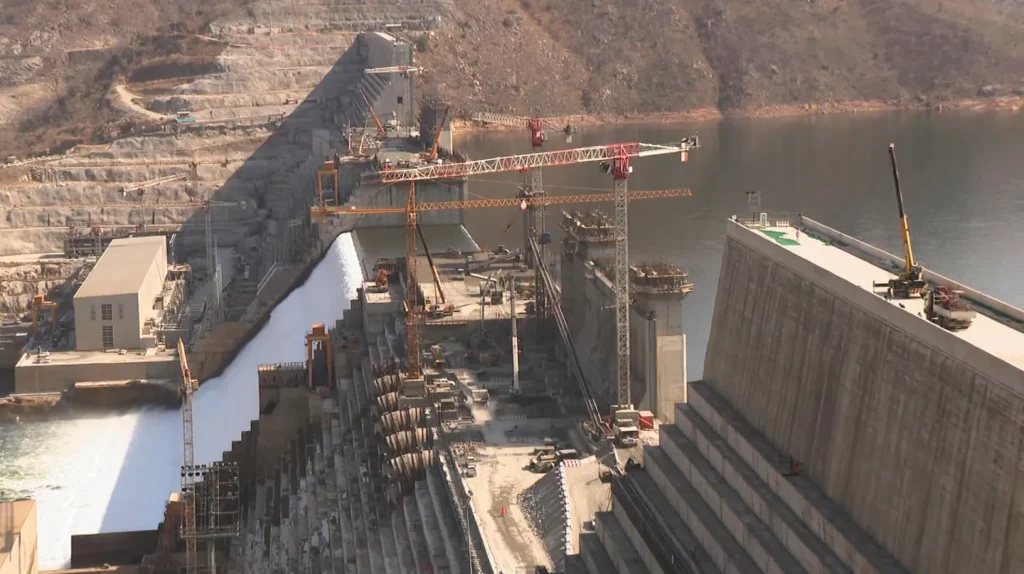Egypt and Sudan have renewed warnings over Ethiopia’s massive hydroelectric project on the Nile, describing it as a serious threat to stability in the Eastern Nile Basin and urging Addis Ababa to return to regional cooperation.
In a joint statement following high-level talks in Cairo, Egyptian Foreign Minister Badr Abdelatty, Irrigation Minister Hani Sweilam, and Sudan’s State Minister of Foreign Affairs Omar Sediq accused Ethiopia of disregarding international law in the construction and operation of the Grand Ethiopian Renaissance Dam (GERD).
“The Ethiopian dam, built unilaterally, represents a continuing threat to downstream nations and regional stability,” the statement read.
Call for Policy Shift
Both governments pressed Ethiopia to alter its policy and accept a binding legal framework on how the dam is filled and operated — a demand Cairo and Khartoum have consistently made since the project began in 2011.
Ethiopia’s Position
The criticism came just a day after Ethiopian Prime Minister Abiy Ahmed insisted that the completed dam brings benefits to Egypt and Sudan, ensuring year-round water flow and reducing floods. Abiy stressed that Ethiopia has no intention of harming its neighbors’ interests and views the project as essential for energy security and economic growth.
Long-Running Dispute
The GERD has been a flashpoint for over a decade. Egypt, which relies on the Nile for over 90% of its water supply, sees the project as an existential issue. Sudan has also raised concerns about water security and dam safety. Ethiopia, however, maintains that no binding agreement is required and that the dam is its sovereign right.
Negotiations between the three countries have repeatedly collapsed, with the most recent talks in 2023 failing to produce lasting solutions before stalling again in 2024.
Observers warn that unless a new deal is reached, the dispute could deepen tensions in an already fragile region.



